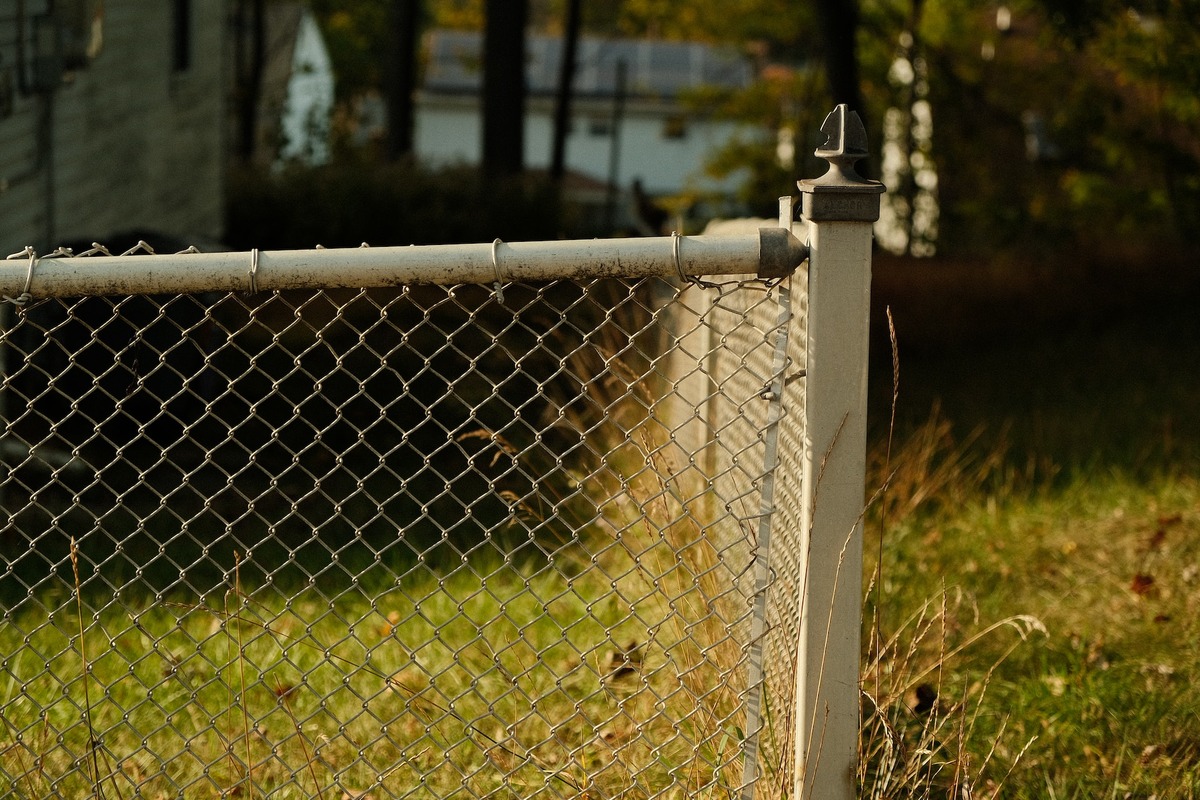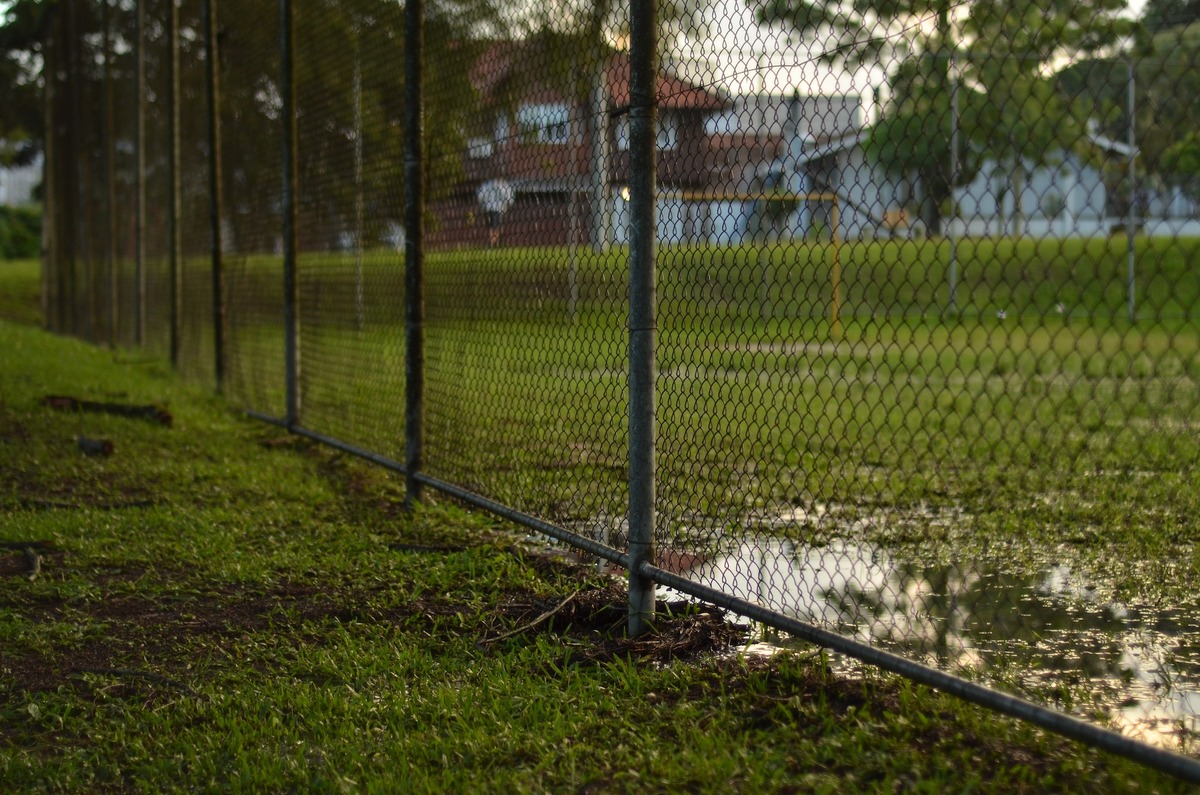The Ultimate Guide To Choosing The Perfect Rural Fence
Investing on rural fencing is a good option to help with the protection of your property but these fences aren’t just for functional purposes, they can also add beauty and rustic charm to any land.
In this guide, we will explore types of rural fencing and how to find the perfect fencing for you.
Why Install A Rural Fence?
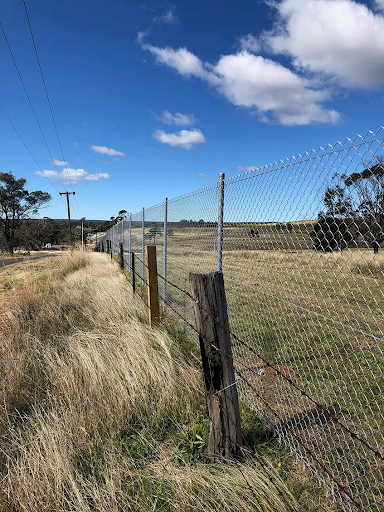
Installing a fence can bring many advantages to your property and security and safety are the main ones.
A good fence can act as a deterrent to trespassers and help keep livestock and other animals on your property. Therefore, people are now investing in rural security fences.
Another great and important benefits of having a rural fence are
- Increased Privacy: A fence can provide a barrier between your property and the outside world.
- Enhanced Property Value: A well-maintained fence can improve the overall appearance.
- Environmental Benefits: A fence can help prevent soil erosion, protect water sources and preserve wildlife habitat.
- Reduced Liability: If you have livestock or other animals on your property, a fence can help prevent them from wandering onto nearby roads or into neighbouring properties, reducing your liability for any accidents that may occur.
- Improved Control Over Grazing: A fence can help you manage grazing on your property by separating different pastures or controlling the movement of animals between them.
Factors To Consider When Choosing A Rural Fence
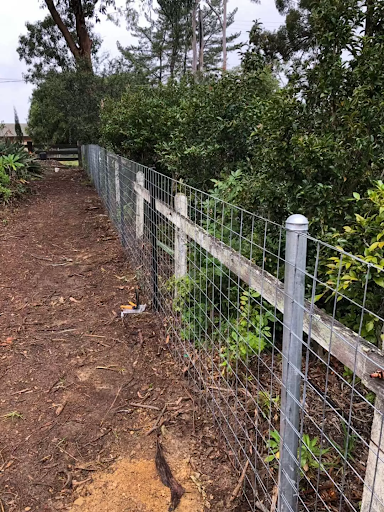
1. Material
The first thing to consider when choosing a rural fence is the material, there are several options available including wood, vinyl, metal, and concrete.
Depending on the material you choose, is going to vary the care of the fence and the durability of it.
2. Purpose
Another factor to consider when choosing a rural fence is the purpose.
Are you trying to keep livestock in or predators out? If you’re trying to keep predators out, you’ll need a fence that’s a certain height and no gaps or holes for example, but if your looking for bordering your property may be a different fence could work.
3. Budget
Finally, you’ll need to consider your budget. As we mentioned earlier, different materials have different costs, so you’ll need to choose a fence that fits your budget while still meeting your needs.
Keep in mind that maybe a cheap fence may end up costing you more in the long run if it requires frequent repairs or replacement.
Types Of Rural Fencing
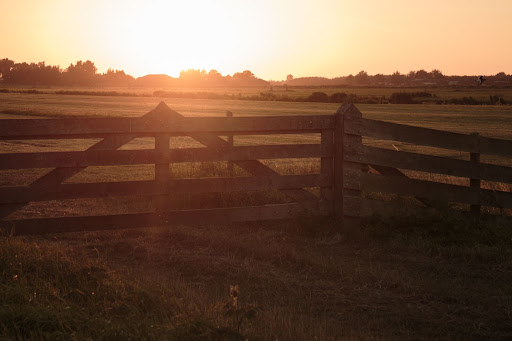
Rural Wooden Fence
A rural wooden fence is a popular option for defining property boundaries, providing privacy and adding aesthetic appeal to rural properties.
Wooden fences are generally durable and can last for many years with proper maintenance, however, they are more susceptible to weathering and rot compared to other fencing materials, so they may require periodic painting, staining or sealing to protect against moisture and UV damage.
Wooden fences can be installed by a professional or as a DIY project, but all fence installs require a level of skill and attention to detail to ensure that the fence is properly secured and levelled.
Barbed Wire Fence
Barbed wire fences, this is because of their low cost and durability, as well as their ability to deter animals and intruders from entering a property.
Rural Fencing Wire fences
Require periodic tightening and repair of the wire strands, as well as the removal of any debris that may accumulate on the fence they may also require regular re-tensioning to ensure that they remain effective.
Proper installation and maintenance of a barbed wire fence are important to ensure its effectiveness and safety. The fence should be inspected regularly for damage or wear, and any repairs or replacements should be made promptly to prevent animals or people from escaping or entering the property.
Metal Rural Fencing
This type is a popular option for rural properties due to its durability, strength, and low-maintenance requirements.
Metal fencing provides a high level of security for rural properties, as they are difficult to climb or cut through and it can also be designed with features like barbed wire or razor wire to provide additional security measures.
Metal fences are available in a range of styles, including chain link, wrought iron and aluminium, and as a plus, they can be painted or powder-coated to match the aesthetic of your property.
However, the installation requires specialized tools and skills to ensure that the fence is properly secured and levelled.
Post and Rail Fencing
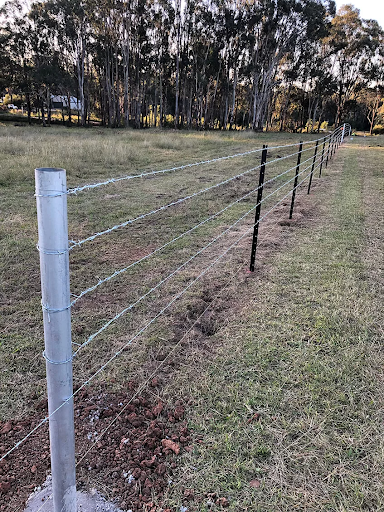
Post and rail fencing is another popular choice, this type of fence is made of vertical posts and horizontal rails. The posts are typically set in concrete or gravel and the rails are attached to the posts using brackets or nails.
They are relatively low maintenance, as they don’t require painting or staining and are resistant to rot, decay, and insect damage. This can save time and money over the long term.
This type of fencing is commonly used in rural areas for containing livestock and marking property boundaries. It can be made from a variety of materials, including wood, vinyl and metal.
Post and rail fencing is easy to install, which can save time and money but is always recommended to make the installation with the help of a professional to ensure the whole process is correct and to ensure the fence is properly installed and level.
Electric Rural Fencing
A Rural electric fence uses electricity to create a barrier for livestock and other animals, it consists of a charger, posts, wire or tape, insulators, and grounding rods.
Electric rural fencing typically consists of wires that are connected to a power source, such as a battery or mains electricity supply. The wires are attached to insulators, which are mounted on posts and are spaced out at regular intervals along the length of the fence.
This type of fencing uses electric shocks to deter animals from crossing the boundary of the fence. It is commonly used in rural areas for containing livestock, particularly in areas where traditional fencing is not practical or effective.
Mesh Fence
Mesh rural fencing is a type of fencing commonly used in rural areas and is made of wire mesh attached to metal or wooden posts. The mesh typically consists of a series of horizontal and vertical wires that are woven or welded together to create a grid pattern.
Mesh rural fencing is commonly used for containing livestock, marking property boundaries, and providing a decorative feature to a property. It is available in a variety of materials such as galvanized steel, PVC-coated steel and aluminium.
It’s easy to install and requires little maintenance other than occasional cleaning to remove dirt or debris.
The Best Rural Fences at Longain Fencing
To conclude, rural fences play a crucial role in ensuring the safety, security, and functionality of agricultural and rural properties. Whether you are looking to keep livestock within your property, protect crops from wildlife, or simply add aesthetic value to your rural landscape, there are a variety of fencing options available to suit your needs.
Ultimately, choosing the right fence for your rural property depends on several factors but it’s also important to work with a professional fence installer.
At Longain Fencing we ensure that every rural fence we install is not only functional and durable but also enhances the beauty and value of your property for years to come.
If you are looking to install a fence on your property, we offer a wide range of different types of fencing, so we invite you to contact us so we can help you invest in the safety of your space.

